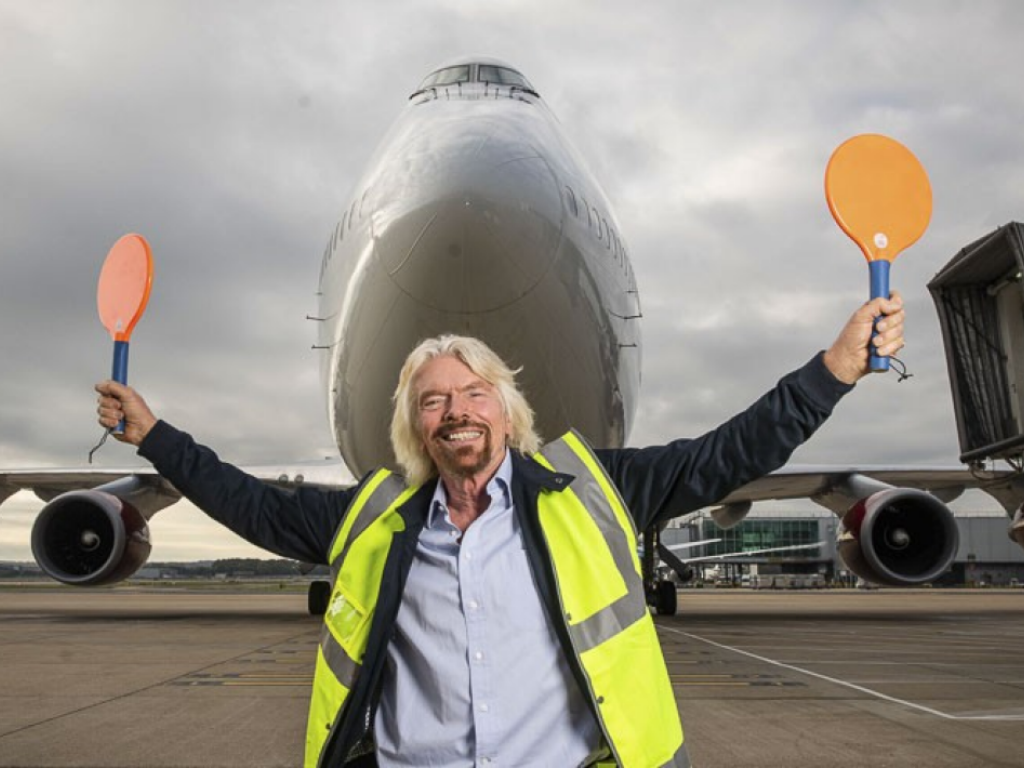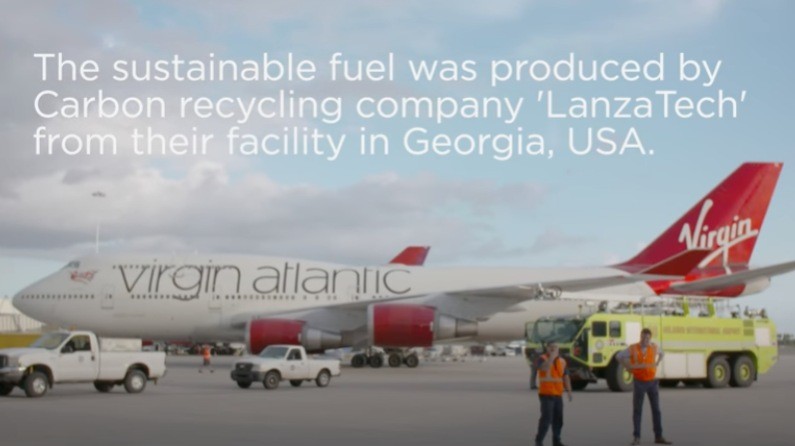But it’s taken me time – in fact, decades – to become this comfortable in my own skin. In the early years of my career, I felt like I had to hide my real identity from colleagues in fear that they would find it uncomfortable; feeling like I had to fine tune what I shared with peers; and being conscious of eliminating topics that would have given away my sexuality. Looking back, you feel stupid for wanting to hide that side of yourself but it was just how things were back then, and still are for many even in very liberal countries, like in the UK, and Nordic countries, where I’m from. I’m sure many of the LGBTQ+ community will agree that you learn to hide your true self over the years, whether that be from family, colleagues or the outside world. It is often even harder in traditional senior corporate roles.
In the workplace, organisations that will thrive in the future are those which put inclusivity at the heart of their strategy. At Virgin Atlantic, we live by our purpose – everyone can take on the world – and we take inclusion and diversity seriously. To me, it’s so important that we foster a culture of belonging and actively encourage every single one of our people to be themselves at work every day. After years of not wanting to divulge my sexuality at work or in business networks, joining this airline in 2019 was a breath of fresh air. About one month into my role, I was asked to share an introductory post on our internal communications platform, Workplace, and it was the first time in my career that I’d felt comfortable and proud sharing exactly who I was: Juha, a Finnish-born (then) 43-year old with a love of travel, running & hot yoga, and lastly – but most importantly – happily married to my husband, Jussi.




 At a press conference after the flight had arrived at Gatwick, Sir Richard Branson, Founder of Virgin Atlantic said:
At a press conference after the flight had arrived at Gatwick, Sir Richard Branson, Founder of Virgin Atlantic said: